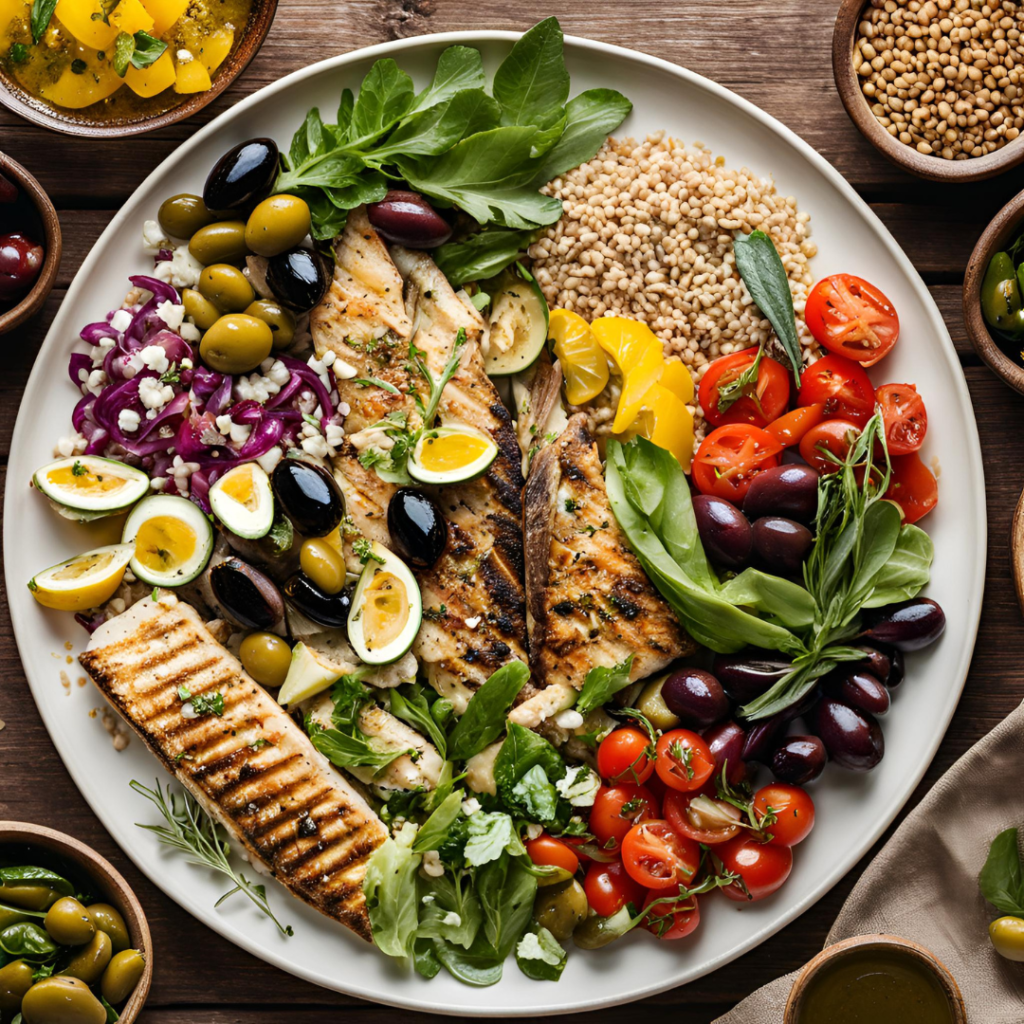
What is Mediterranean Diet?
Mediterranean diet is traditionally eaten, especially in countries based on the shores of the Mediterranean Sea, including some countries in Southern Europe, North Africa, and the Middle East. Apart from the Mediterranean countries, the Mediterranean diet is also famous in Europe due to its excellent health benefits. Many studies have shown that people in these countries live longer and better lives than people in other countries. If we take a closer look at the Mediterranean diet, we will realize that it is not an invention at all but an example of a diet suitable for humans. Various changes have taken place in the development of the human body over thousands of years, one of the reasons for which is food. We kept eating whatever was easily available to us, but to date, we have not understood much about what human food should actually be. But the Mediterranean diet has proven to be a good diet and we should all take advantage of it.
Mediterranean diet has been given the title of the best diet in the world. According to scientists, there are many benefits of following this diet; it helps in protecting from serious diseases like diabetes, memory loss, breast cancer, and heart attack. Besides, Mediterranean diet also plays an important role in rapid weight loss and keeping the mind young.
What is Mediterranean diet? Mediterranean diet is a plant-based diet, which means that while following this diet, there is more focus on fruits and vegetables. Various types of fruits, vegetables, grains, nuts and seeds are included in this diet. Also, extra virgin olive oil is used as fat. Fish rich in Omega 3 fatty acids are eaten more. Sugar, red meat, chicken, turkey and dairy products are used very less in this diet.
How Mediterranean diet works for weight loss?

1. Good fats will reduce appetite –
Foods eaten in Mediterranean diet like olive oil, nuts, oil seeds all give us the feeling of being full, due to which we do not feel hungry and automatically the weight remains under control.
2. Lean Proteins for Muscle Maintain and Fat Loss -
In Mediterranean diet, we take fats like fatty fish, poultry products, eggs, which helps in maintaining muscles, controlling weight and giving the body an attractive shape.
3. High in Fiber makes low glycemic -
Fruits and vegetables which are rich in fiber and send glucose slowly into the blood, which prevents weight gain and reduces the risk of diabetes.
4. No Processed and Refined Foods -
Processed and refined food are used in less quantity in the Mediterranean diet, due to which bad cholesterol remains away from the body and health remains good, which has a direct effect on keeping the weight under control
5. Moderate Eating -
The Mediterranean diet is less about strict calorie counting and more about mindful eating and portion control. By encouraging a variety of nutrient-dense foods, it naturally leads to a reduction in calorie intake without feeling deprived
6. Good Gut –
Fruits, vegetables, fish, olive oil, seeds, and legumes used in the Mediterranean diet together make the diet complete, which improves metabolism.
7. Dry Red Wine –
We have all heard about the medical properties of red wine, dry red wine is used in the Mediterranean diet due to its health benefits and weight loss ability.
Benefits of Mediterranean Diet
1. keeps the heart healthy-

Following the Mediterranean diet reduces the risk of heart-related diseases, including heart attack and stroke.
2. keeps the brain healthy-

Mediterranean diet has a positive effect on the brain, it increases the brain’s ability to focus and memory and also reduces the risk of mental diseases like Alzheimer’s, memory loss etc.
3. Bones become stronger-
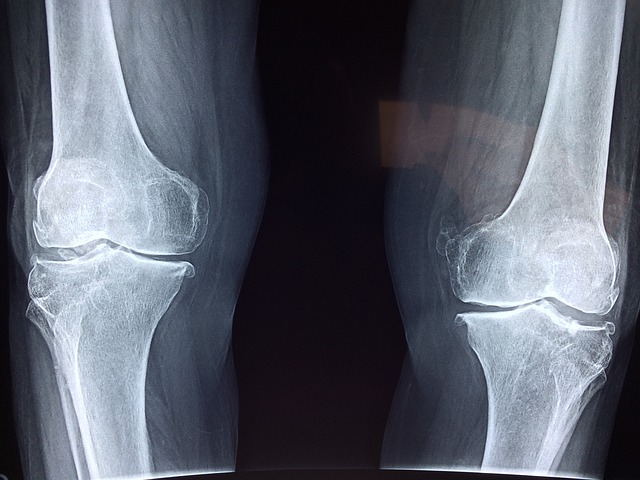
Mediterranean diet strengthens the bones of women. According to scientists, the nutrients present in this diet increase metabolism.
4. Prevention from breast cancer-

People who follow this diet continuously, the risk of getting breast cancer reduces by 40%.
5. Diabetes remains under control-
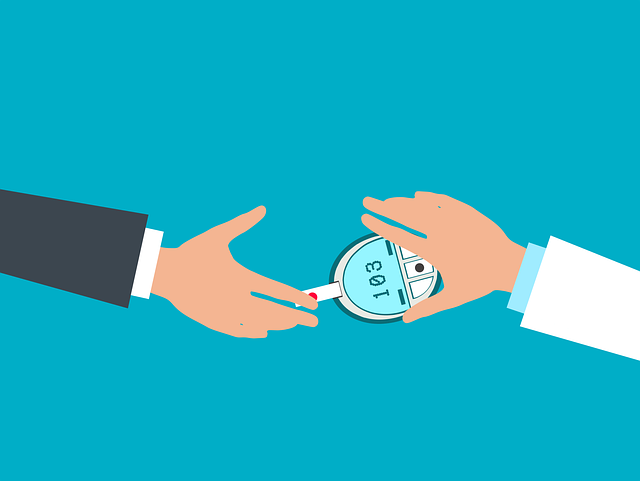
Following the Mediterranean diet reduces the risk of developing diabetes because it keeps blood sugar under control.
6. Life is longer-

Scientists claim that with the help of this diet, you can live longer, the reason being the absence of many diseases during life.
7. Reduce risk of depression-

According to scientists, people who follow this diet have 33% less risk of depression compared to others.
What is there in the Mediterranean Diet?
What is there in the Mediterranean diet, what should we eat and what is there which we should not eat at all, so to understand it in simple language, we will say that it has been divided into some categories.
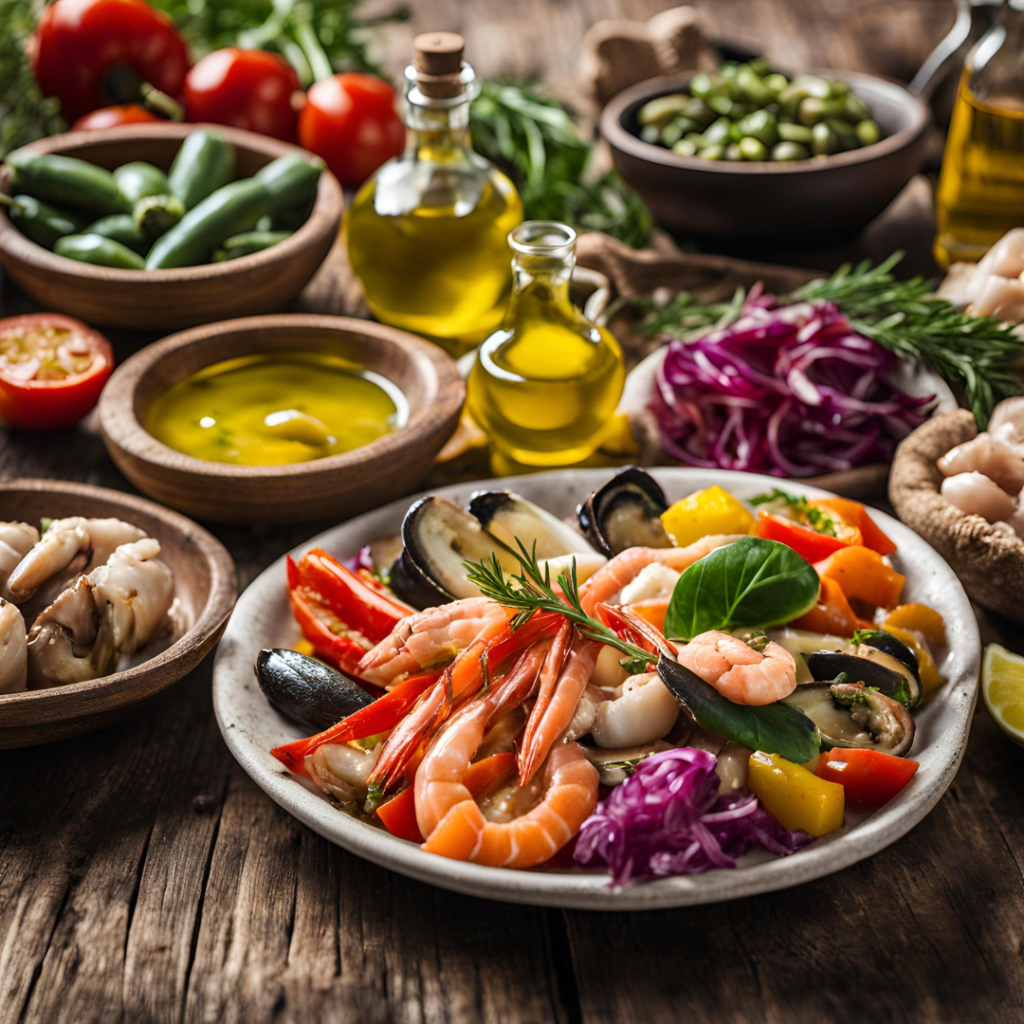
The Mediterranean diet includes daily intake of a wide variety of foods, including fresh fruits and vegetables, nuts, legumes, grains, beans, olive oil, spices, and herbs. Seafood and fish should also be included in the diet at least twice a week, while cheese curd and eggs should be eaten in small quantities. According to the report, when it comes to red meat, sweets, and red wine, the Mediterranean diet requires you to taste them occasionally.
High consumption -
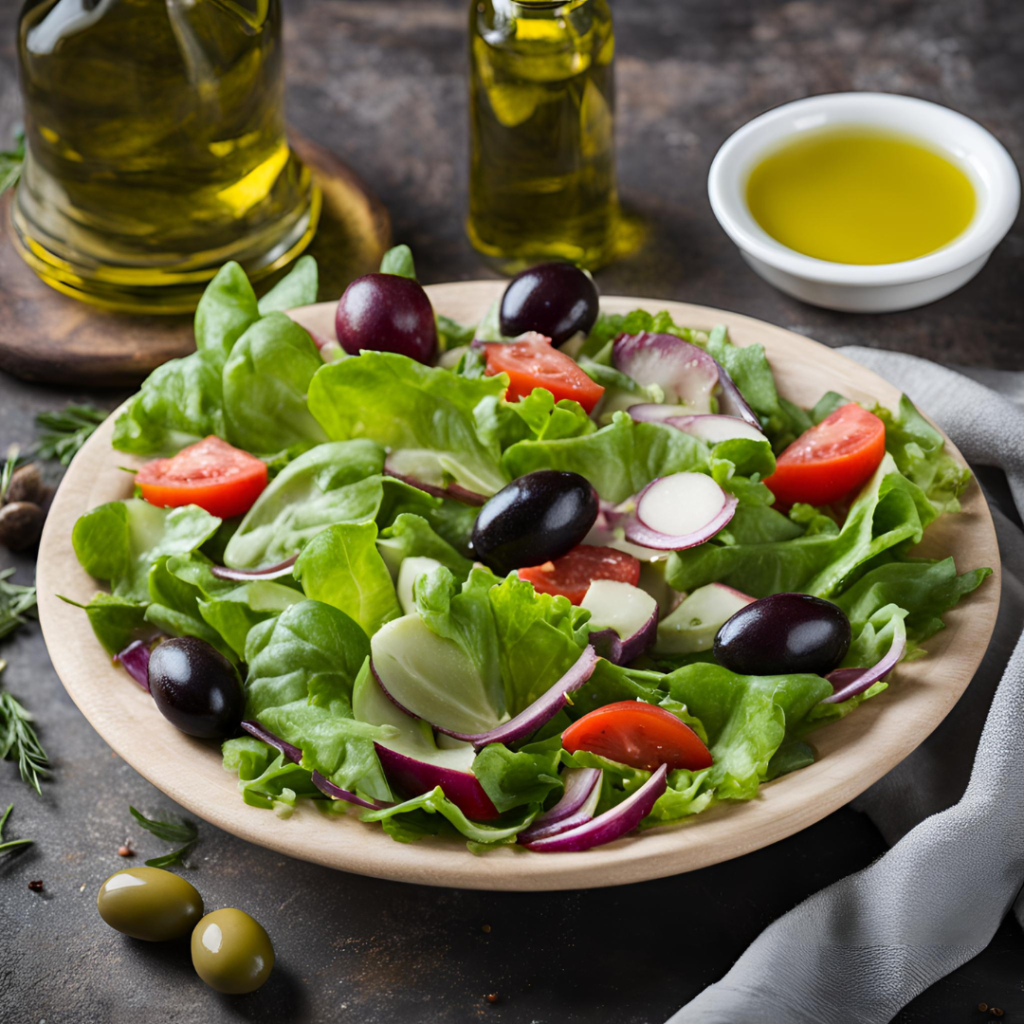
Olive oil is consumed more there. In these countries, apart from this, you have to take legumes but in it you have peanuts, your pulses are gone, lentils of pulses are gone, all this comes in legumes. Yes, we also take it in large quantities.
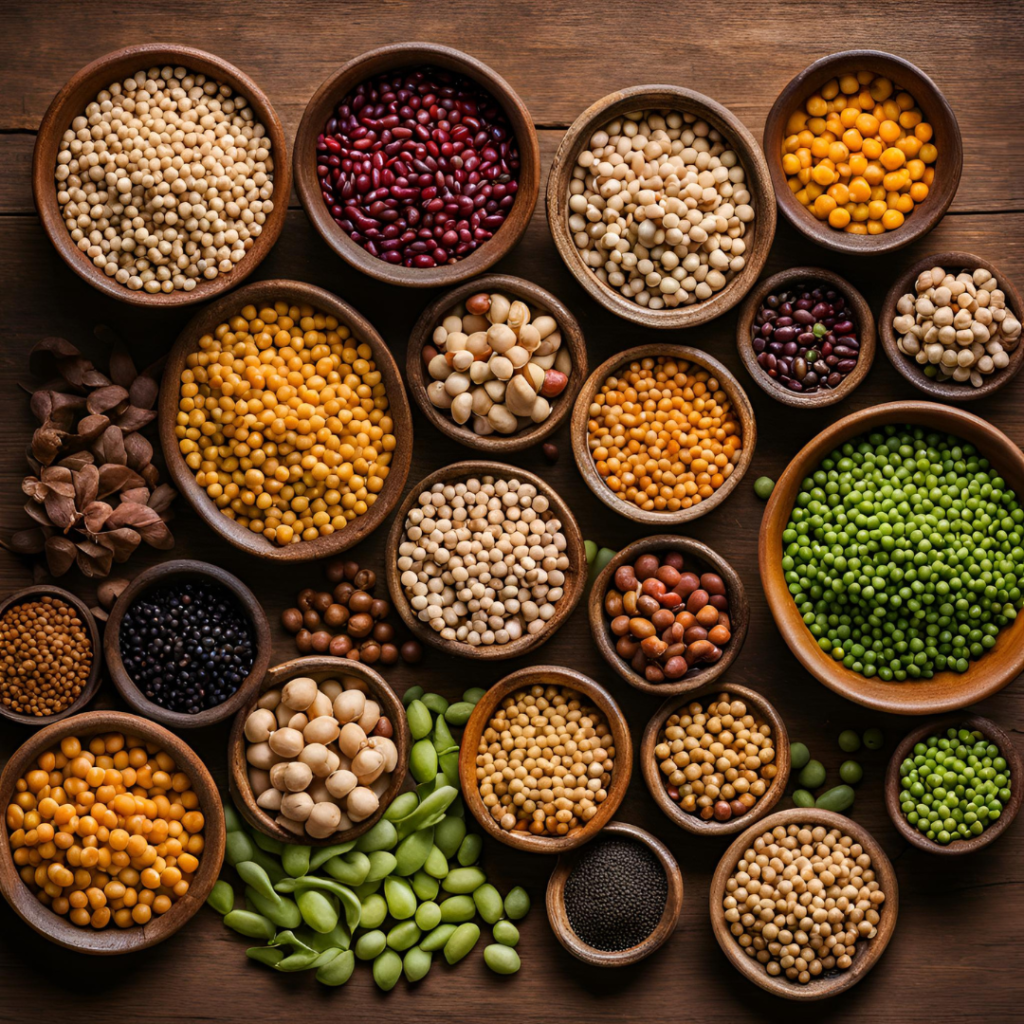
Whether it is salad, frying or roasting, olive oil is used in large quantities. apart from this Legumes are flora within the circle of relatives Fabaceae (or Leguminosae), or the fruit or seeds of such vegetation. When used as a dry grain for human intake, the seeds also are referred to as pulses. Legumes are grown agriculturally, often for human consumption, however additionally as cattle forage and silage, and as soil-enhancing inexperienced manure. Well-acknowledged legumes consist of beans, chickpeas, peanuts, lentils, lupins, mesquite, carob, tamarind, alfalfa, and clover. Legumes produce a botanically precise type of fruit – a easy dry fruit that develops from a simple carpel and typically dehisces (opens alongside a seam) on aspects, all this comes in legumes. Yes, we also take it in large quantities.
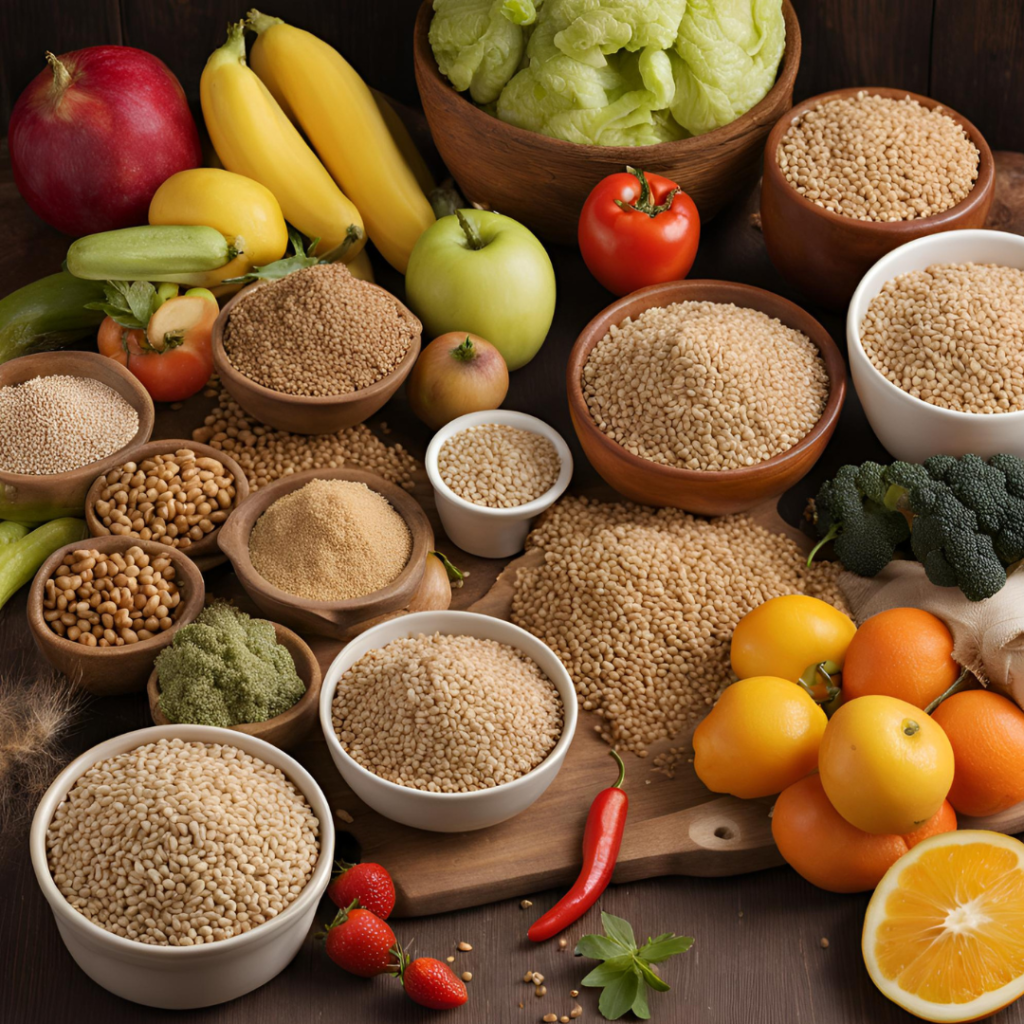
whole grain is mostly taken. Whether it is unrefined grains or whole grains, those are taken more and the bigger grain is taken. Here it is recommended to eat plenty of fruits and vegetables. You can eat all kinds of fruits and vegetables; I would say that uncooked vegetables are more recommended here. If you want to cook and eat, then simply the cooking process is done. Oil seeds, dry fruits, nuts, and seeds, all these are taken in large quantities. All this comes in high consumption food.

So in moderate to high consumption you have to take fish in very good quantity. Sea food is also to be taken in moderation and dairy products are not highly recommended. In the Mediterranean diet, 50% of the calories come from fats like sea food and oil seeds and the remaining 50% come from vegetables and fruits. Apart from this, it is advised to take one glass of dry red wine daily, but when asked about people eating Mediterranean diet, they say that they should consume two to three glasses.
This information is written by
Mr Suhas Dadarao Avhad
Author and CEO (www.usahealthy.net)

